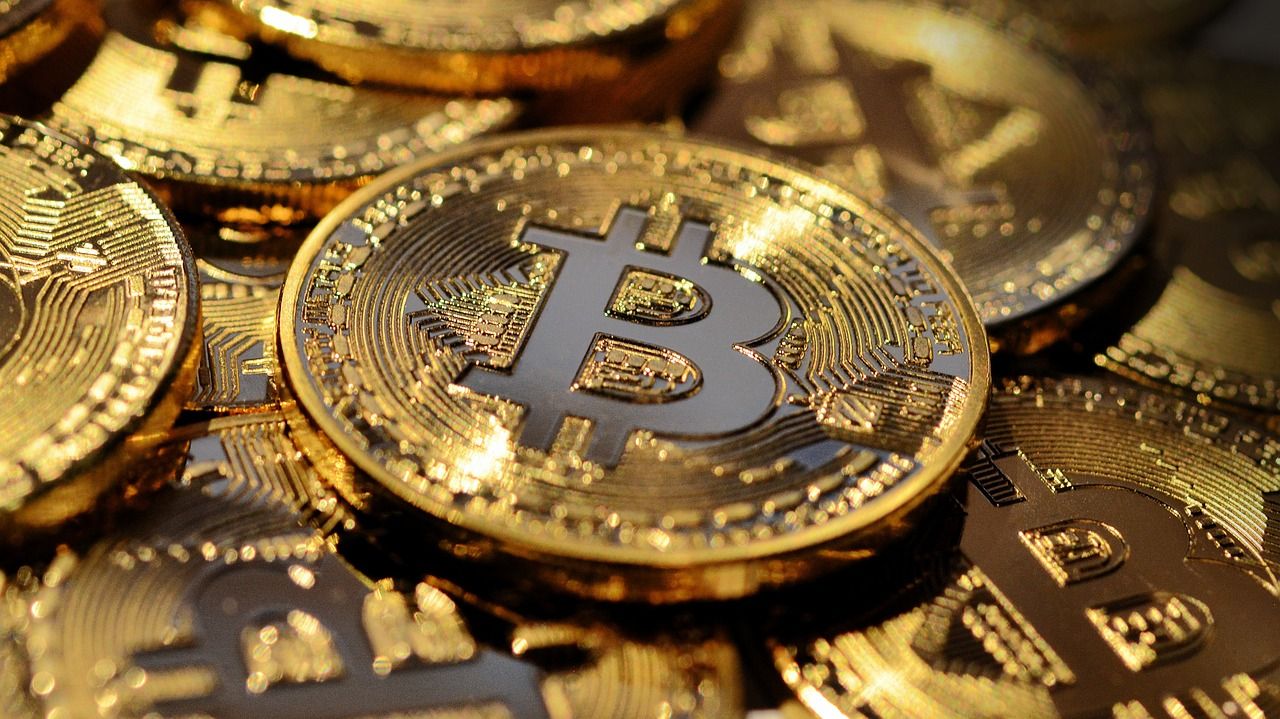
While Vancouver is mulling embracing Bitcoin as a shield against inflation, El Salvador—once the poster child for crypto adoption—is scaling back its bold gamble to secure crucial IMF funding.
On December 11, the Vancouver City Council will consider a proposed motion that seeks to integrate Bitcoin into the city’s financial strategies to mitigate the impact of inflation.
Dubbed the “Preserving of the City’s Purchasing Power Through Diversification of Financial Reserves – Becoming A Bitcoin Friendly City,” the motion, introduced by Vancourver’s pro-crypto Mayor Ken Sim, is based on the notion that Bitcoin will help retain the city’s purchasing power.
In the proposal, Mayor Sim highlighted that Bitcoin has a proven track record as a hedge against inflation and has earned a solid reputation as one of the best-performing financial assets over the past 16 years.
As such, he proposed holding Bitcoin as a strategic reserve asset, stating that it would be “irresponsible” to ignore the merits of the flagship cryptocurrency.
He added that such a move would bolster the city’s financial portfolio and at the same time also “benefit the city’s taxpayers by preserving the value and purchasing power of precious tax dollars and other financial resources.”
The motion prioritises making Vancouver a “Bitcoin-friendly city” and has also proposed various measures, such as accepting the city’s “taxes and fees” in Bitcoin.
As a testament to the benefits of adopting Bitcoin and other cryptocurrencies, the proposal noted several success stories of various state and city governments, like Zug and Lugano in Switzerland, Seoul in South Korea, and several African villages that have successfully integrated cryptocurrency into their financial systems.
El Salvador’s Bitcoin move backfires
While the Mayor’s proposal also mentioned El Salvador as a pioneer when it comes to Bitcoin adoption, the reality for the Central American nation is complex, as it has long been criticised by institutions like the International Monetary Fund and the World Bank over its decision to adopt Bitcoin as a legal tender.
The IMF, which has repeatedly warned of Bitcoin’s stability risks, has had an on-and-off relationship with El Salvador ever since it signed its Bitcoin Law in September 2021.
Now, as El Salvador seeks a multi-billion-dollar loan, the IMF has made it clear that easing its Bitcoin policies—like removing the requirement for businesses to accept Bitcoin as legal tender—will be a key condition for it to access the funds.
Complying with these demands would unlock financial assistance from the World Bank and the Inter-American Development Bank and also help the country reestablish its footing in global financial markets, from which it was largely cut off since adopting Bitcoin.
If El Salvador backpedals, which is highly likely, it will illustrate the limits of idealism in adopting decentralized systems like Bitcoin when global financial gatekeepers continue to retain significant influence over the economy.
However, as powerful economies like the United States and Russia begin to warm up to Bitcoin, their influence could potentially shift the narrative.
The post Vancouver eyes Bitcoin as El Salvador reconsiders its crypto bet appeared first on Invezz


